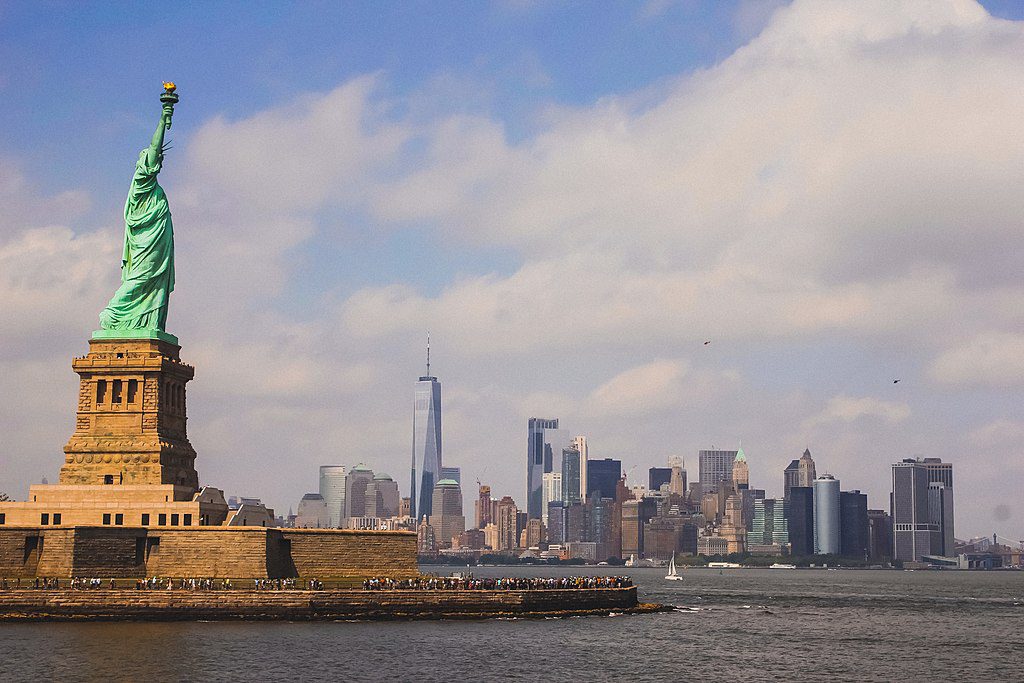Skift Take
It is a charade for New York City to require hosts to have no locks on any bedroom door in their unit so guests and hosts can live in a "common household." On the other hand, requiring platforms to submit transaction reports doesn't seem unreasonable.
In May, two months after the New York City Office of Special Enforcement (OSE) opened the process of registering hosts to lawfully rent out their properties for less than 30 days, Airbnb said the city informed it that only nine hosts had been approved.
That paltry number represented only about 0.04% of Airbnb’s total active short-term rental listings as of the beginning of 2023, the company said.
That’s in a city that generated some $85 million in rental revenue for Airbnb in 2022.
In a lawsuit that Airbnb filed Thursday to block the implementation of Local Law 18, Airbnb stated: “The registration scheme chills short-term rentals by requiring extensive and intrusive disclosures of personal information and forcing open-ended agreement to labyrinthine regulations scattered across a complex web of laws, codes, and regulations.” (See the lawsuit embedded below).
Here are some of the implementation rules, adopted last November and set to be effective in July, that Airbnb argues are particularly onerous and amount to a “de facto ban” of its business in the Big Apple, one of the largest tourism destinations in the world.
- Hosts have to register with the New York City Office of Special Enforcement and provide sensitive personal information such as the number of people living in the unit who are not related to the host. “Host applicants must notify OSE if the number of unrelated residents in their home changes, which means they must tell the government if, for example, a partner in a romantic relationship moves in or out of the house,” the Airbnb lawsuit claims.
- To register, host applicants must certify that they understand relevant zoning rules, construction codes, multiple dwelling law, and numerous regulations pertaining to short-term rentals in the city. “It is a near impossibility for lay New Yorkers to certify compliance with and understanding of the maze of complex regulations in different legal codes governing short-term rentals,” the lawsuit states.
- Hosts aren’t permitted to have locks on bedroom doors because they must maintain a “common household” with the rentee, meaning the guest needs to have access to the entire home.
- Hosts are barred from renting out their units when they are away on vacation or on a work trip because they must be present during the stay.
- Building owners in New York City can declare the property a no short-term rental zone for host renters and host apartment owners.
- Airbnb must verify the host’s name, address, the listing url and registration number once the Office of Special Enforcement approves a registration. If there is any discrepancy — however minor such as Ave. versus Avenue — between the information the host gave to the city versus the data the host submitted to Airbnb, then the listing would flunk the verification process. Airbnb and other platforms like Expedia/Vrbo, Booking.com and others would be subject to civil penalties if they don’t remove listings from unregistered or unverified hosts. There is no process in place for the city to provide the host or the booking platform with the reason the verification got rejected, so the host would find it difficult to fix any perceived error, Airbnb alleged.
- Airbnb and other platforms would be required to provide the Office of Special Enforcement with “detailed transaction reports” to facilitate compliance with short-term rental rules. Airbnb characterized its role in the verification of host registrants and the submission of transaction reports as “massive burdens.”
Here’s the Airbnb lawsuit against New York City
Dwell Newsletter
Get breaking news, analysis and data from the week’s most important stories about short-term rentals, vacation rentals, housing, and real estate.
Have a confidential tip for Skift? Get in touch
Tags: airbnb, booking.com, expedia, future of lodging, hosts, lawsuits, litigation, nyc, online travel, online travel newsletter, vacation rentals, vrbo
Photo credit: Airbnb says that New York City's new short-term rental host registration rules are killing its business in the city. Source: Saravarad85/Wikimedia https://commons.wikimedia.org/wiki/File:Statue_of_Liberty_overlooking_lower_Manhattan.jpg Saravarad85 / Wikimedia
